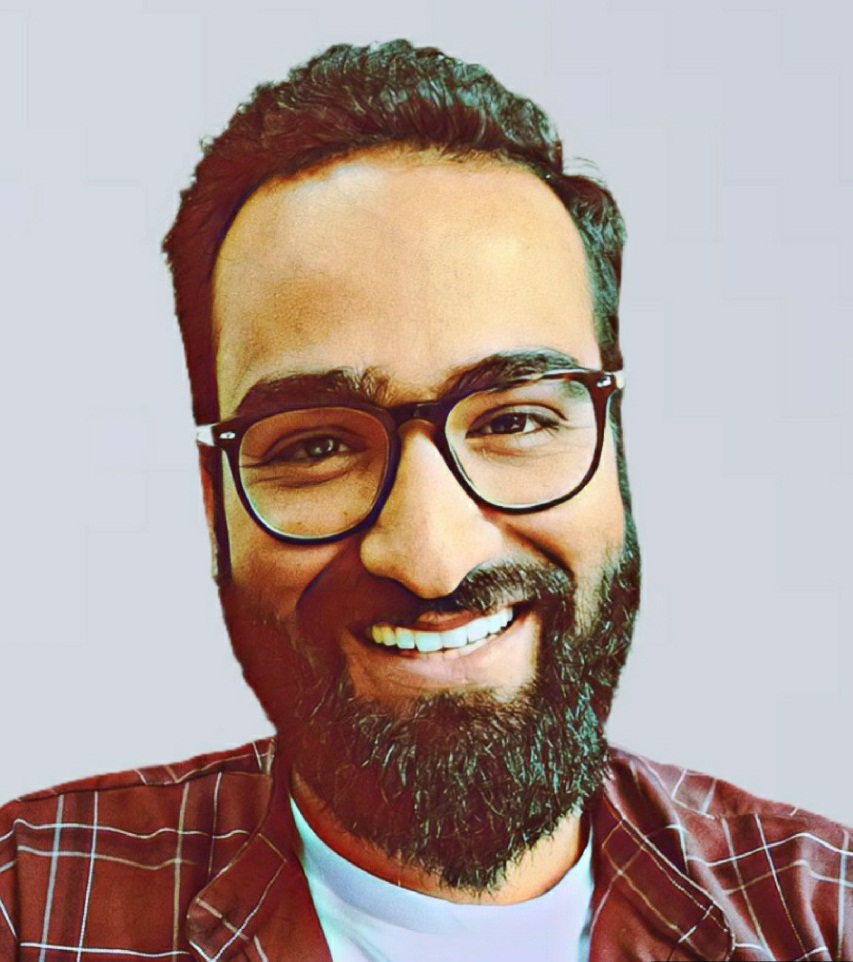Since the beginning of formal educational institutions globally, education has been a fundamental component of society. With the first industrial revolution in the 17th century, a strong collaboration and network between academia and industry was established. While industries drove a country’s economic growth, universities provided the necessary work force to work in and run those industries. With countries’ increasing technological prowess, a new workforce with updated skills was required, and society changed and adapted to the pace of technological revolution accordingly. The second and third industrial revolutions not only altered industries, but also the academia that provided the necessary work force. However, the current fourth industrial revolution, also referred to as the Industry 4.0, establishes new standards and challenges for human society. The scholars believe that the revolution is not only distinct in its characteristics, but also distinct in its speed than any previous industrial revolution in history. Any country that does not adopt and up-skill at this rate will fall behind in the global economic race, making it critical for policymakers, scholars, and bureaucrats to reconsider current educational models in light of Industry 4.0.
Every critical juncture in human history has sparked global policy debate. These critical junctures were typically represented by wars and pandemics, with the COVID-19 pandemic being one such example. The pandemic not only changed people’s perceptions of digital technologies, but it also accelerated their diffusion and adoption. It appeared as if the pandemic was a gateway through which digital technologies entered the human space. It made us realize that in order to survive and compete in the digital age, every stratum of society needs skills which are not provided by the traditional teaching of educational practices.
The Noble Price winning innovation economist Paul Romer in his writings has laid emphasis on the talent development in formal educational institutions. He is a strong believer of the fact that the talent in any country drives its economy. The onus directly comes on to the students and teachers in our formal educational institutions to develop and provide the required talent in order to build a robust culture of creativity and innovation in any region. However, the condition in our educational institutions is otherwise and usually, the creative atmosphere is not preferred or created. In terms of creativity and talent development, my interactions with students, teachers, and parents in various educational settings led me to the conclusion that the entire system is based on priorities. Parents value high grades over skills, teachers work accordingly, and students, like molten glass, are shaped accordingly. The career choices have been limited to such an extent that students only aspire to either become doctors, engineers or civil servants. The underpinned career choices of industry 4.0 remain uncovered and unexplored.
The digital revolution, which is now an explosive subject in global academia, has raised numerous questions and challenges, one of which is unemployment. Scholars are divided into two groups: those who see the revolution through pessimistic lenses and believe that technological advancements will replace humans, resulting in mass unemployment, and those who believe that the revolution will open new windows of opportunity for the world with new areas to dwell, resulting in job creation. The contrast between these two groups of thinkers offers an actual lens that emphasizes the importance of up-skilling, meta-skilling, and re-skilling. While machines may be advanced in many ways, they will never be able to replace human critical thinking because machines run on data that is fed to them, forcing them to work in accordance with that, giving humans the advantage of being able to think critically. The story itself emphasizes the importance of human critical thinking and the development of an education system that fosters it. Yuval Noah Harari’s best-selling book series has explained the human vs. machine debate, and he also believes that the future education system will require techniques and skills to boost human creativity. However, our current educational system lacks such approaches, which makes it a challenge for future generations. It will not be false to assert that traditional educational practices will cause future unemployment rather than technological innovations.
The difference between the front runners and the followers in the global economic race is that the front runners adopted various systems and subsystems in response to changing technological dynamics. Similarly, the advancing digital revolution necessitates the abandonment of all old practices in favor of innovative and dependable solutions. One such solution in the field of academics is alternative education. Alternative education describes different approaches to teaching and learning other than state-provided mainstream education, usually in the form of public or private institutions with a special, often innovative curriculum and a flexible program of study that is based to a large extent on the individual student’s interests and needs. Although in its broadest sense, the term “alternative education” covers all educational activities that fall outside the traditional school system (including special programs for school dropouts and gifted students, home schooling, etc.). Our educational institutions’ curricula are very old and lack connectivity with the modern world; alternative education can provide a space to instill the current and future changing dynamics of the world. Because the industry requires skill rather than the degree documents, alternative education could be a viable tool for generating industry-specific labor. Instead of spending years earning degrees, students can pursue short-term training courses in their field of interest and work in that field accordingly saving time and energy.
No transition is possible without challenges, and adopting something that does not yet exist is a significant challenge. We as humans prefer to travel paths that have already been travelled in order to ensure that the path is certain, but history is replete with examples, whether it is Columbus’ voyage that brought riches to Spain or the Moon mission of the United States that forever changed its markets, breakthroughs occur only when people invest in uncertainties. Parents, teachers, and students should all learn to invest in uncertainty and explore alternative educational models. True, change is the first step towards success, and succeeding in the digital age necessitates change.
(Author is a Columnist and can be reached on: [email protected])








